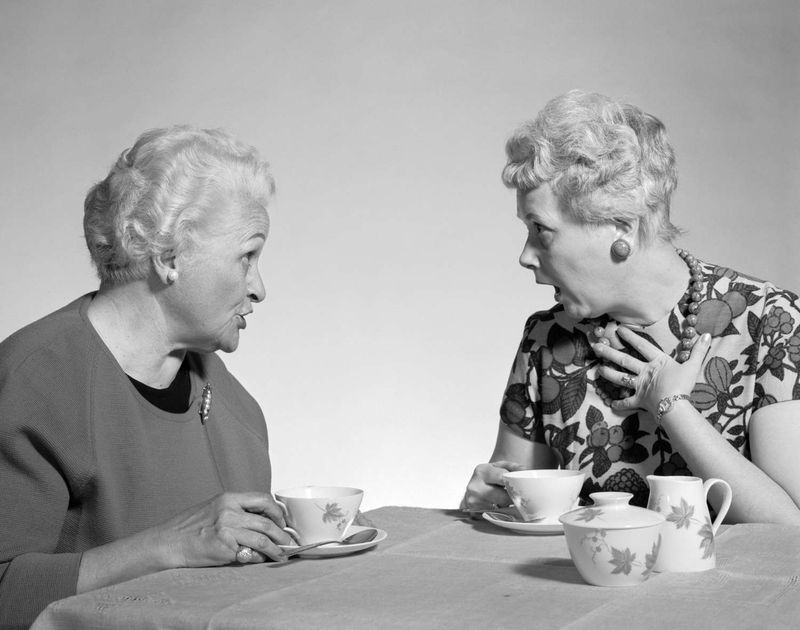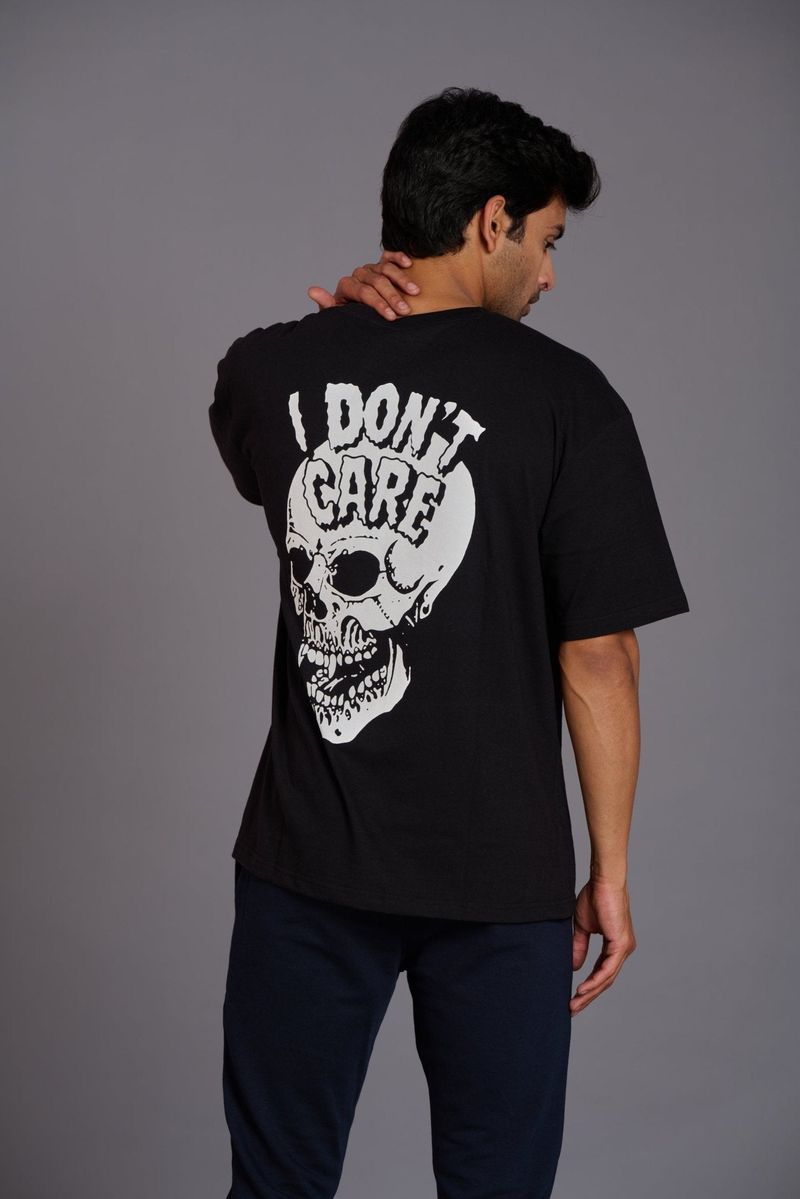The Southern United States is known for its rich history, warm hospitality, and distinct cultural nuances. A key part of Southern culture is the language and phrases that embody politeness, respect, and a sense of community.
While many Southerners are known for their courteous demeanor, there are certain phrases that can rub them the wrong way, often considered disrespectful or dismissive.
This blog post explores 15 such phrases that might make a Southerner cringe, along with unique descriptions and image prompts to delve into the subtleties of Southern manners.
1. “Bless Your Heart”
In the Southern vernacular, “Bless your heart” is a phrase loaded with meaning. While it may sound sweet at first, its true intent often lies in sarcasm. Used to express pity or passive-aggression, this phrase can easily disguise an insult, leaving the recipient unsure of the speaker’s true feelings.
The phrase is a staple in Southern conversations, often spoken with a smile. However, it can subtly belittle the listener.
For those unfamiliar with its layered meanings, it’s a reminder to always listen closely and read between the lines in Southern conversations.
2. “I Reckon”
“I reckon” is a phrase that, on the surface, appears to simply mean “I think” or “I suppose.” However, in Southern culture, it can carry a dismissive undertone.
When a Southerner uses “I reckon,” it often implies skepticism or doubt about the subject at hand. It’s their polite way of saying they’re not entirely convinced.
Understanding this phrase requires an ear for nuance and an appreciation for the subtle art of polite disagreement. It serves as a reminder that directness is not always the Southern way, and reading between the lines is key.
3. “Yankee Doodle”
The term “Yankee Doodle” can be particularly irksome to Southerners, often used to refer to someone from the Northern states. Historically, it carries connotations of rivalry stemming from the Civil War era.
In modern times, it can still evoke a sense of division. The phrase might seem light-hearted, but for many Southerners, it’s a reminder of bygone conflicts and cultural differences.
Using “Yankee Doodle” in jest may not always land as intended with a Southern audience, as it can unintentionally rekindle historical tensions.
4. “Aren’t You Sweet?”
“Aren’t you sweet?” is a phrase that can be misleadingly sugary in the South. While it appears complimentary, it often carries a hint of condescension.
It’s a polite way to express skepticism or disbelief at someone’s actions or words. Southerners may use it to gently question the sincerity or intelligence of a person.
Understanding the context and tone is crucial when interpreting this phrase. Its use highlights the Southern knack for veiling critiques with politeness, making it essential to listen closely to the intonation and body language accompanying the words.
5. “You People”
The phrase “you people” can be particularly divisive in the South, often perceived as exclusionary or dismissive. It’s a term that distances the speaker from the group they are addressing.
In Southern culture, community and inclusivity are highly valued. Therefore, “you people” can strike a nerve, suggesting an “us versus them” mentality.
To avoid offending, it’s important to choose words that foster connection rather than division. Understanding the value placed on community can help navigate conversations and ensure they remain respectful and inclusive.
6. “It’s Just Business”
In the South, relationships often take precedence over transactions. The phrase “it’s just business” can undermine the personal connections that are integral to Southern dealings.
Southerners value trust and rapport, seeing business as an extension of personal relationships. This phrase can suggest a cold, impersonal approach, conflicting with their cultural norms.
Navigating business in the South requires an understanding that deals are often about more than just profit. Emphasizing mutual respect and personal bonds can lead to more successful and harmonious interactions.
7. “Calm Down”
Telling someone to “calm down” is rarely received well, and in the South, it can come across as patronizing. The phrase implies that the person is overreacting, which can be insulting.
In Southern culture, emotions are often expressed with intensity and passion. Telling someone to “calm down” might dismiss their feelings, leading to further frustration.
Instead of using this phrase, acknowledging the person’s emotions and offering support can be more effective. It’s a reminder to approach emotionally charged situations with empathy and understanding.
8. “Whatever”
The word “whatever” might seem like a simple, dismissive response, but in the South, it can be particularly grating. It conveys apathy and a lack of engagement.
Southern communication often values warmth and attentiveness. Saying “whatever” can signal disinterest, undermining the conversational goodwill.
Avoiding this phrase and opting for more engaged responses fosters positive interactions. It emphasizes the importance of being present and showing genuine interest, aligning with the Southern ethos of community and connection.
9. “I Don’t Care”
In Southern culture, where politeness and cordiality are prized, saying “I don’t care” can come across as harsh and dismissive. It signals a lack of concern that can be hurtful.
The South values courtesy and consideration for others’ feelings. This phrase might suggest indifference to the ideas or emotions of others.
To maintain harmony, expressing preferences or explaining reasoning shows respect and thoughtfulness. It highlights the cultural emphasis on empathy and understanding, crucial components of Southern communication.
10. “You’re Overreacting”
Telling a Southerner they’re “overreacting” can be perceived as dismissive and invalidating. It implies that their feelings are excessive or unwarranted.
Emotional expression is an integral part of Southern culture, where people are encouraged to be open with their feelings. This phrase can downplay genuine emotions, leading to offense.
Acknowledging emotions and seeking to understand the root cause is a more respectful approach. It aligns with the Southern tradition of empathy and active listening, fostering deeper connections and mutual respect.
11. “You Can’t Do That”
The phrase “you can’t do that” can be particularly discouraging in the South, often perceived as a challenge to one’s abilities and determination.
Southerners pride themselves on resilience and a can-do spirit. This phrase can feel like an attack on their capabilities and tenacity.
Encouraging rather than doubting empowers individuals and aligns with the Southern ethos of supporting one another. It highlights the importance of fostering confidence and determination, values deeply rooted in Southern culture.
12. “No Offense, But”
When prefacing a comment with “no offense, but,” it’s often a cue that something offensive might follow. In the South, where politeness is paramount, this can be particularly jarring.
Such phrases can signal a lack of tact, contradicting the Southern emphasis on kindness and respect. Southerners value thoughtful communication, where words are chosen carefully.
To maintain decorum, it’s advisable to avoid prefacing comments with disclaimers and instead focus on being direct yet considerate. It’s a reminder of the cultural importance of speaking with grace and empathy.
13. “I’m Better Than You”
Claiming superiority with “I’m better than you” is universally frowned upon, but in the South, it clashes with the cultural value of humility.
Southerners appreciate modesty and view arrogance as distasteful. This phrase disrupts the community’s sense of equality and respect.
Emphasizing mutual respect and downplaying competition aligns with Southern values of collaboration and community. It underscores the importance of maintaining humility and fostering a sense of belonging and shared purpose in interactions.
14. “Mind Your Business”
In Southern neighborhoods, where community ties run deep, saying “mind your business” can seem curt and unfriendly. It breaks the communal spirit and can be perceived as rude.
Southerners value neighborliness and shared experiences. This phrase can create unnecessary barriers and disrupt the harmony.
Encouraging open dialogues and welcoming conversations nurtures a sense of camaraderie. It’s essential to recognize the importance of community interaction and support, pillars of Southern living, when engaging with neighbors.
15. “It’s None of Your Concern”
Telling someone “it’s none of your concern” can be alienating in the South, where involvement and care for others are highly regarded.
This phrase can imply exclusion and disregard for the community-oriented spirit that is cherished in Southern culture. Southerners often see each other as part of an extended family, where looking out for one another is the norm.
Emphasizing inclusion and shared responsibilities strengthens social ties. It serves as a reminder that fostering a collective spirit and welcoming input can enrich community relationships.















